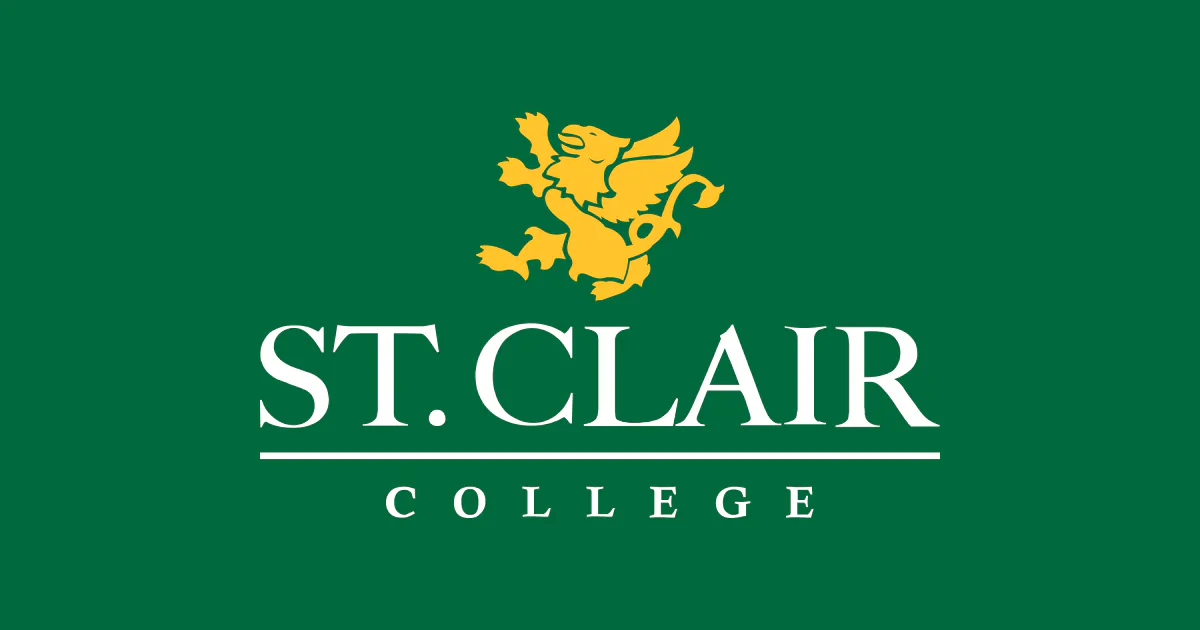


The dental hygiene field is one of the fastest growing job markets in Canada today as the population ages and preventative dental care becomes more and more of a priority. In addition to excellent job security, dental hygienists are highly compensated for their work and often enjoy flexible schedules resulting in better work-life balance. Plus, dental hygienists enjoy a wide range of duties and responsibilities focused on oral health beyond cleaning teeth. For example, they assess for gum disease and other oral issues, as well as educate clients on preventative dental care.
Below you’ll find everything you need to know about how to become a dental hygienist including: the skills, knowledge and personal attributes that are in high-demand; the training needed to get into the profession; the sort of work opportunities and working conditions to expect; and the best learning opportunities across Canada.













